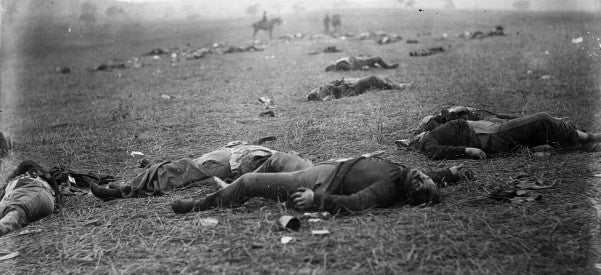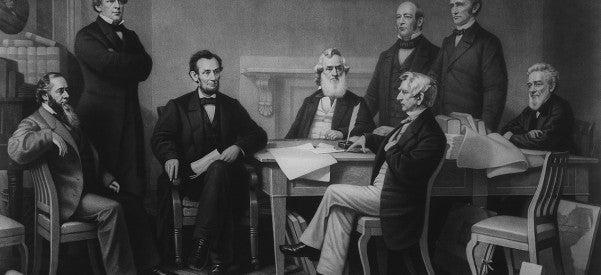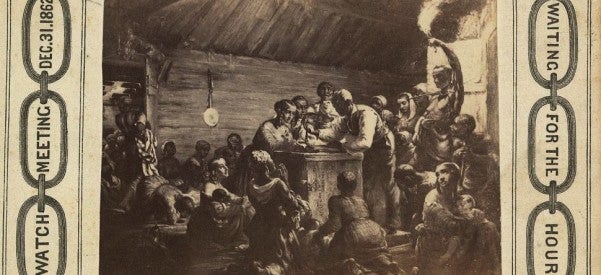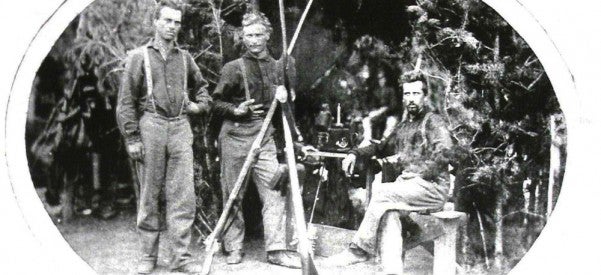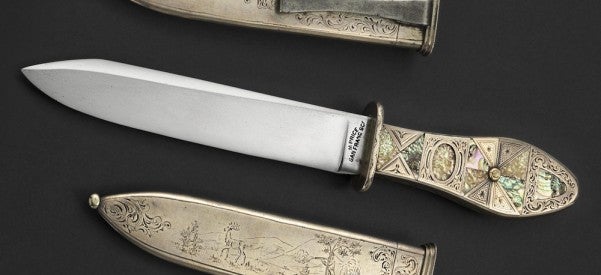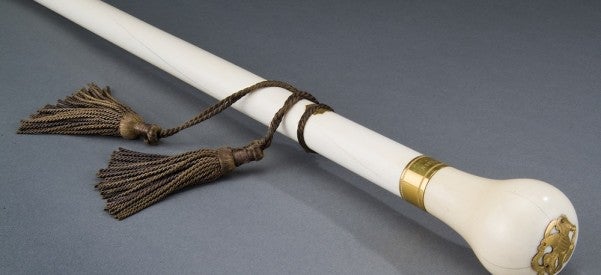The Gentleman’s Agreement That Ended the Civil War
Two Generals Sat Down at Appomattox and Choreographed an Unusually Civil Armistice in the Most Punishing Conflict Ever Fought on American Soil
One hundred and fifty years ago, on April 9, 1865, a lone Confederate horseman violently waving a white towel as a flag of truce galloped up to the men of the 118th Pennsylvania Infantry near Appomattox Court House and asked for directions to the headquarters of Major General Philip Sheridan. On orders from generals Robert E. Lee and John Gordon, the rider, Captain R. M. Sims, carried a message requesting a suspension of hostilities to allow negotiations of surrender to …



